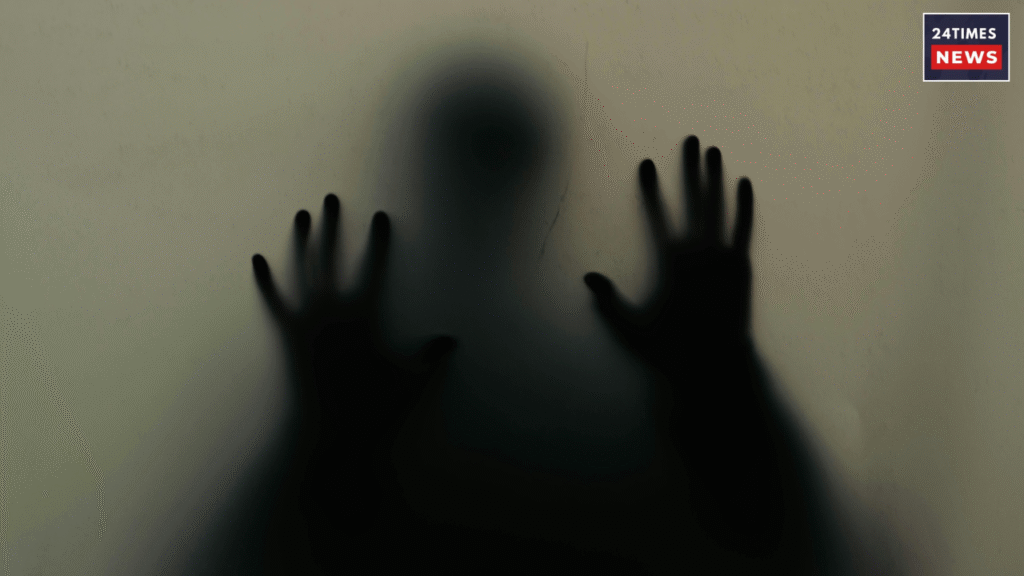Many people do not even realize that they may be suffering from a serious condition like depression. According to the health experts, the longer it takes to detect depression, the more harm it can cause to a person’s overall health. Depression affects both the mind and body leading to emotional and physical problems if left unchecked. Early detection is crucial to prevent further complication and to start proper treatment in time. Paying attention to the initial signs of depression can make a big difference. Let’s look at some common symptoms that may appear in the early stages of depression, so they can be identified and addresses promptly.
Feeling of Unhappiness
D you often feel sad and unable to feel the happiness even during the joyful moments. If yes, this could be a sign of depression. people with depression may lose interests in activities they once enjoyed and feel constant worry or anxiety. Concentrating on tasks can become very difficult and making decisions may feel overwhelming. these symptoms can affect the daily life and overall well-being, making even simple tasks seem challenging. It is important not to ignore such signs. if you notice these symptoms in yourself or someone close to you, take them seriously. Early recognition and professional help can prevent the condition from worsening and improve mental health effectively.

Staying Alone all the Time
Preferring to stay alone and being unable to share your thoughts with anyone can also be a warning sign of depression. People experiencing this may feel isolated, disconnected and emotionally distant from family and friends. Such behavior can affect relationships and daily life, making it hard to cope with the normal challenges. If you notice these symptoms along with other signs of depression, it is crucial not to ignore them. Consulting a qualified doctor or mental health professional without any delay can help manage the condition effectively. Early intervention can prevent serious consequences and improve the emotional well-being.
Weakness and Tired
Depression can cause constant fatigue and weakness in the body, making even simple tasks feel exhausting. People may also experience irritability or mood swings, which can affect relationships and daily life. Changes in sleep patterns, such as insomnia or excessive sleeping are common signs, along with changes in appetite, including loss of appetite or overeating. Additionally, those struggling with depression may begin to feel worthless or have low self-esteem. Recognizing these symptoms early is important, as they indicate that mental health is being affected. Seeking professional help can provide support and treatment to manage these challenges effectively.





